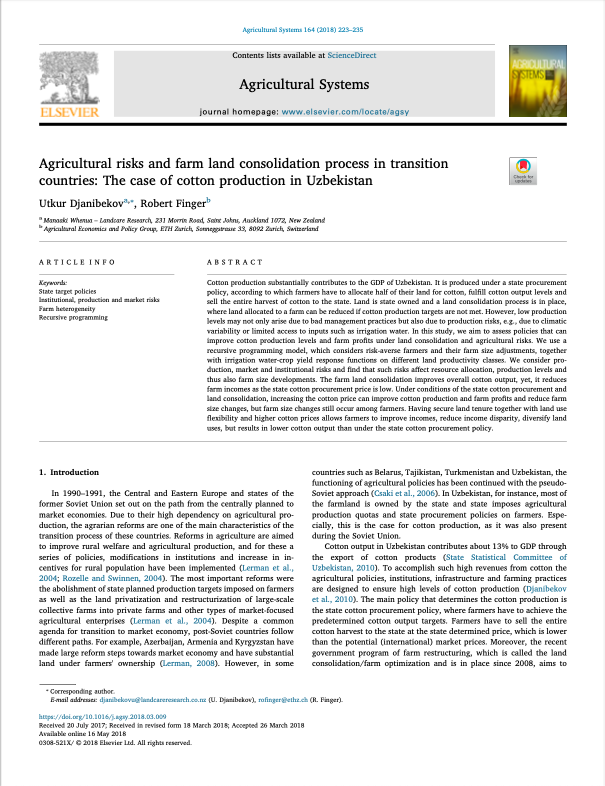Application of Cloud Model to Evaluation of Forest Soil Fertility: A Case in Chinese Fir Plantations in Southern China
Soil nutrients are of great significance for maintaining forest growth and ensuring land productivity. A comprehensive scientific evaluation of soil fertility is helpful for sustainable forest management. There are many uncertainties in traditional evaluation methods, that is fuzziness and randomness, which often lead to a large deviation of the evaluation results. In order to comprehensively consider the fuzziness and randomness of soil fertility evaluation, the cloud model was introduced to evaluate the soil fertility of Chinese fir plantations.








